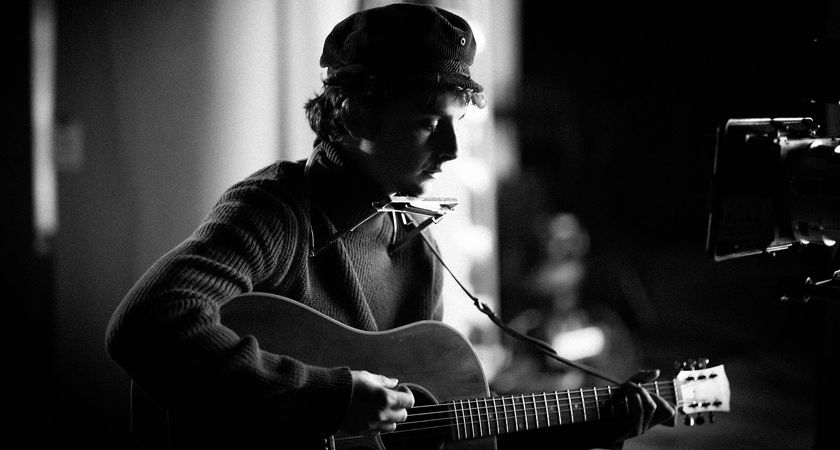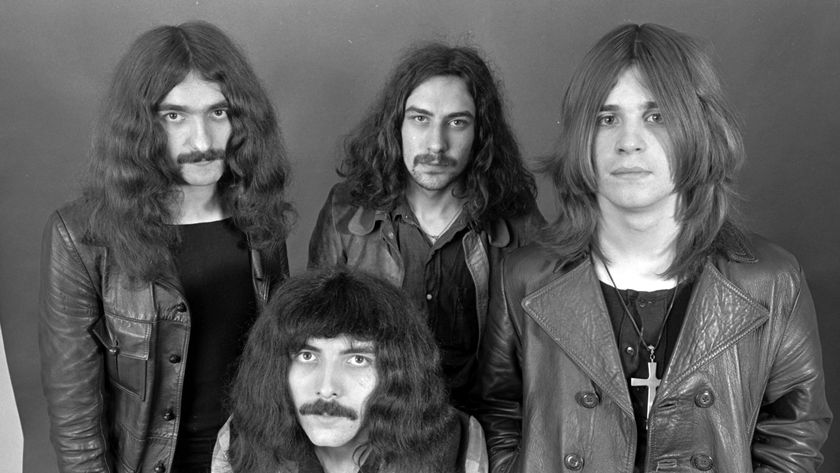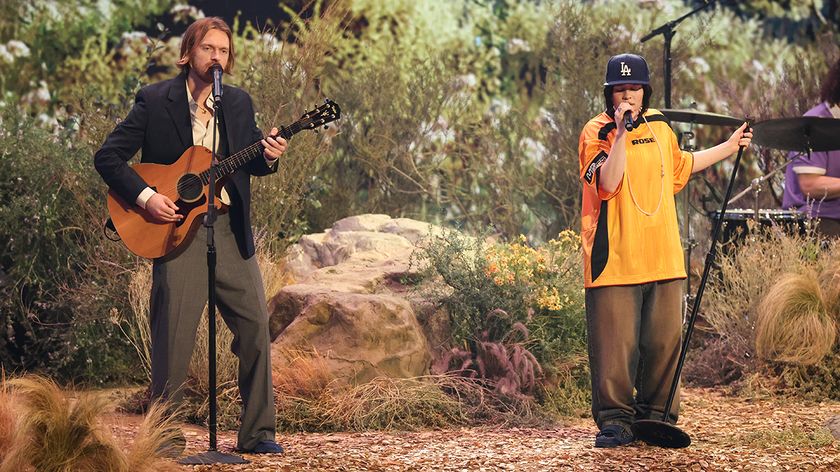Quadrophenia was nearly "the end", says Pete Townshend
The Who considered 1973 split

The full windmill

Pete Townshend
Pete Townshend has revealed how The Who contemplated splitting up after the release of Quadrophenia in 1973.
Speaking at the media launch of the “director´s cut” reissue of the album in London on Wednesday night, the guitarist said the record´s broad themes of alienation and attempts to represent the four distinct personalities of the band had the air of a final chapter. “It felt like the end,” he said.
Townshend also played a short solo acoustic set at the event, including a version of Bob Dylan´s Corrina Corrina, announcing that he´s also recorded the track for an Amnesty International album, with the help of Pearl Jam´s Eddie Vedder.
Dark Times
He said the band went through some dark times in the few years after 1969´s Tommy, because of their hectic touring schedule in the wake of the rock opera´s release, the aborted Lifehouse project and the songs salvaged from that project for the Who´s Next album.
“The years before Quadrophenia were chaos, they really were, we were so lost. I felt we´d lost contact with our original audience, and I wanted to reconnect with the neighbourhood we grew up in,” he said.
“Although the album has some personal stuff in it from me, I always wanted to portray what the others had gone through, I wanted the album to tell our fans things they didn´t previously know about us - what was it about those guys that I used to like?! John Entwistle, for instance; it wasn´t until the day of his funeral that I discovered that he´d spent most of his life as a freemason.
Get the MusicRadar Newsletter
Want all the hottest music and gear news, reviews, deals, features and more, direct to your inbox? Sign up here.
“I´ve been working on my memoirs, and while going through my old diaries I found an entry from 1969 that just read “explore four”, which was probably the initial seeds of Quadrophenia. One idea was to have each of us write one side of a double album. I don´t think John or Keith [Moon] really liked the music The Who had being doing in the previous few years, they didn´t like the aggression, so I felt the way to get back on track was to let them curate the next album.”
That original blueprint faltered, however, because neither Moon nor Roger Daltrey had much confidence in themselves as writers, Townshend suggested.
Three landmark albums
“We didn´t make that many albums, in fact I would say that we only made three landmark records; Tommy, Who´s Next and Quadrophenia,” he said. “I´ve always felt that Quadrophenia was the last definitive Who album. I´ve always regarded it as a very ambitious album, but what got away was the story.
“Whenever we´ve played the songs live since, they feel new, so we wanted to bring the album, the actual recorded music, into the 21st century and have that feel new as well, which is why I spent the best part of the last year working on the remastering.
”I´m very proud of it, it´s the only Who album I produced on my own. I´m amazed by what we managed to achieve with an eight-track studio. I had complete control and it proved that when I have complete control I get it right.
“But to me, it felt to me like it was the end. The reason I´ve spent so much time working on this new edition is because it´s an epochal record, the last great album by The Who.”
In addition to the Dylan track mentioned earlier, Townshend´s brief live set included Drowned and I´m One from Quadrophenia, and Acid Queen from Tommy.

“It dawned on me, ‘Wow! I think that we’re learning how to do this just how Bob learned how to play’”: How Timothée Chalamet went from a complete guitar novice to become Bob Dylan onscreen

“I thought it was too pop. I rebelled against it”: How Ozzy Osbourne learned to love a song that was written and recorded in one hour and ended up becoming Black Sabbath’s biggest hit
Most Popular








